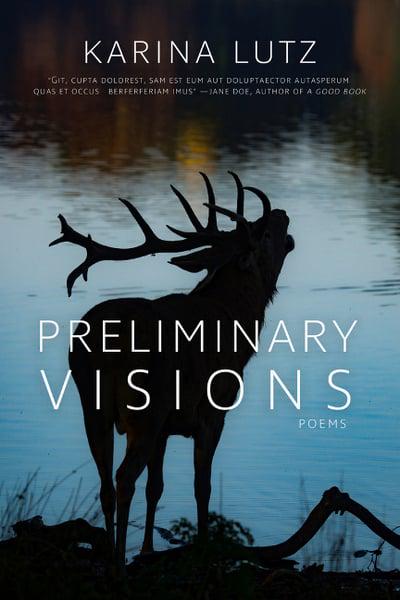When I heard the publication date for my first full-length poetry collection would be April Fools Day, I thought, I’m not superstitious. Au contraire: that’s the first day of poetry month. It’s auspicious! Or, at least my publisher actually plans things. The book was ready. It was embargoed in bookstores for the big day…
…when all the bookstores were shuttered.
I had four readings scheduled. All canceled. Yet many people finally had time to read. And watch.
 With the months of work landing those poetry readings now lost, I taught myself to record virtual poetry readings to promote my book. (So I saw myself reading poetry aloud for the first time, and that’s how I learned how much more I need to practice.)
With the months of work landing those poetry readings now lost, I taught myself to record virtual poetry readings to promote my book. (So I saw myself reading poetry aloud for the first time, and that’s how I learned how much more I need to practice.)
Meanwhile, my former mother-in-law, who loves to read but finds it increasingly difficult, was quarantined in a nursing home without anyone able to get in and read to her. I began to call Renée every few days to read her poems. She was enraptured. At the end of each line of one Joy Harjo poem, she gasped; I was hooked. Reading Harjo myself this summer had me falling in love with poetry all over again, so Renée’s unfiltered awe was pure recontagion. (Hear Harjo reading poetry aloud here.)
Renée has always loved reading—mostly nonfiction—but I’d never seen her outright transported by anything other than music. Maybe, similarly to how people with dementia might retain memory of music much longer than other memories, the condition may also clear the mind of the obstacles to “getting” poetry. What are those obstacles in ordinary consciousness? Needing to “figure it out” or have a “right answer” due to schooling’s obsession with correctness? The quotidian mind’s concreteness, the written word’s muted sonority? Perhaps the disabled—or offline—rational mind opens interior space for what David Abram calls the linguistic “spell of the sensuous.”
Or maybe it’s the music of poetry that touches her. Hardly anyone, even the music student (who typically dreads the drudgery of music theory), thinks they have to “figure out” music, or overlay music with speculations of rational meaning.
Obstacles may not be what they seem. This quarantine, I could have bemoaned my locked-down books and thrown up my hands. Or I could have pre-mourned my locked-down elder. Instead, I found one alternative to business-as-usual and family-as-usual: reading poetry aloud, from home. My community—seven roommates who’ve become our own “germ pod” of semi-isolation—doesn’t go out much anymore. But we’ve been reading aloud to each other from our favorites: last night it was Rilke’s Letters to a Young Poet.
And so many contemporary goodies can be found online: Rhode Island poet laureate Tina Cane’s “distance reading series” @PoetryisBread and Tara Skurtu’s #internationalpoetrycircle started up in response to quarantine. Then there’s the old reliables that have been standing by for this long rainy day: The New Yorker’s online readings of the poems they print (like this one, by Ellen Bass—get ready to be floored: ) and Clade Song‘s issue archive.
As well, I’m still sifting through a backlog of Poem-a-Day, which Poetry Society of America emails me every day. Finally, I’ve had downtime to clean out the email box—all these patient treasures!—which often link to recordings by the poets reading poetry aloud.
All this recitation is audible courtesy of the mediation of electronics. For now. How much more we will enjoy our poetry readings when we come together in bookstores and libraries again! Meanwhile, we need not “die miserably every day/for lack/of what is found there,” (Williams Carlos Williams) and there are things more important, truly, to die for, to risk contagion for, as:
“this should not be the brick and mortar
of poetry, the moment when a black father drives
his black sons to school & the thing in the air is the death
of a black boy”
as Reginald Dwayne Betts says in “Thinking of Tamir Rice While Driving,” which you can hear him read in The Poetry Magazine Podcast. Fasten your seatbelt for this one.
All this you can hear from the safety of your home, if your home is safe. And I don’t just mean from COVID at this tragic time. (Say her name: Breonna Taylor.). But with the world outside and inside making less sense than ever this year, I’ll continue leaning on the power of reading poetry aloud to fortify, to enlighten, and to affirm the full range of human experience, so that we can come out of these national and global crises stronger, wiser, and more just.
If you enjoyed this piece on reading poetry aloud, perhaps you’d also like to explore tips for successful poetry performances.

